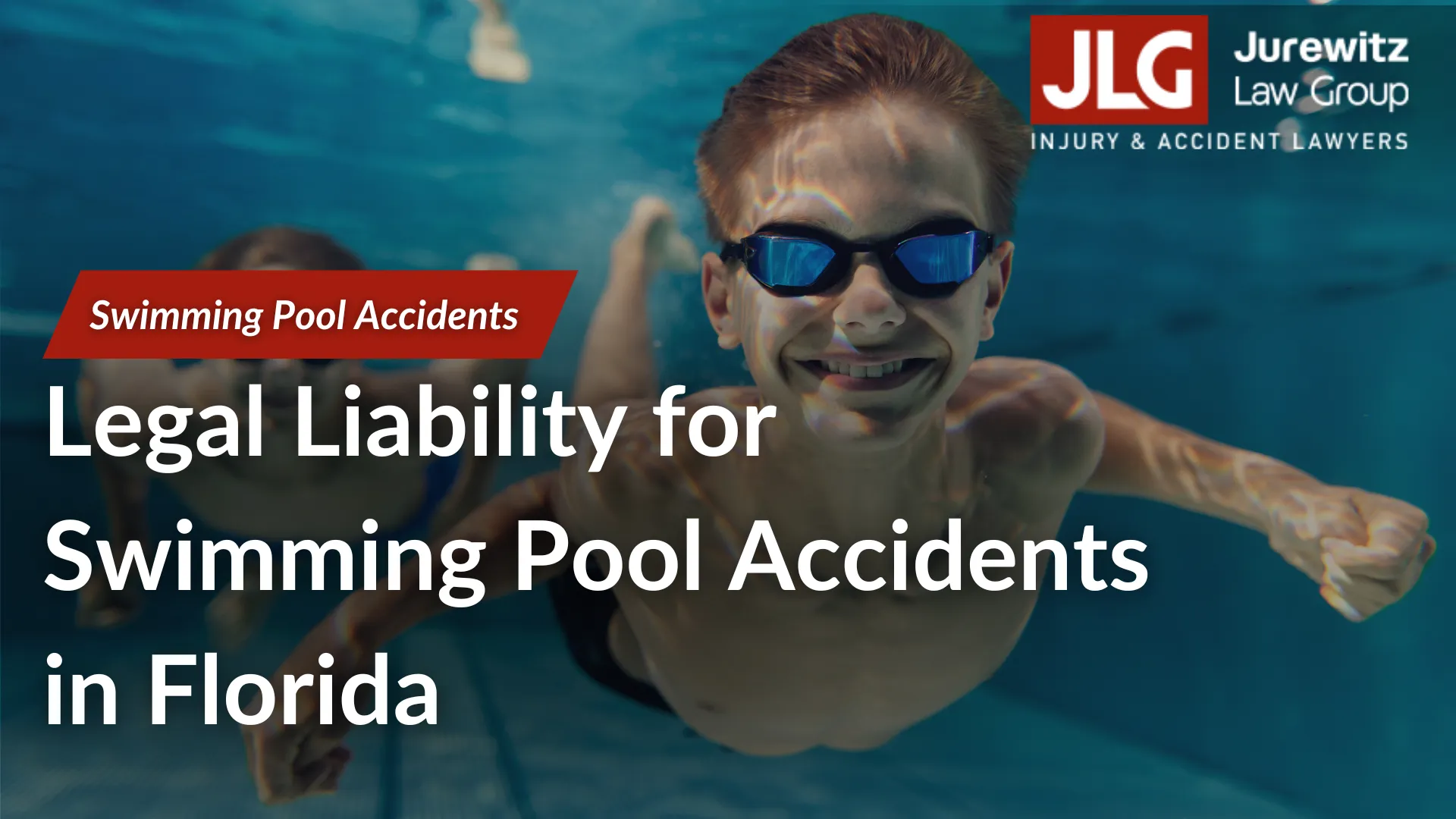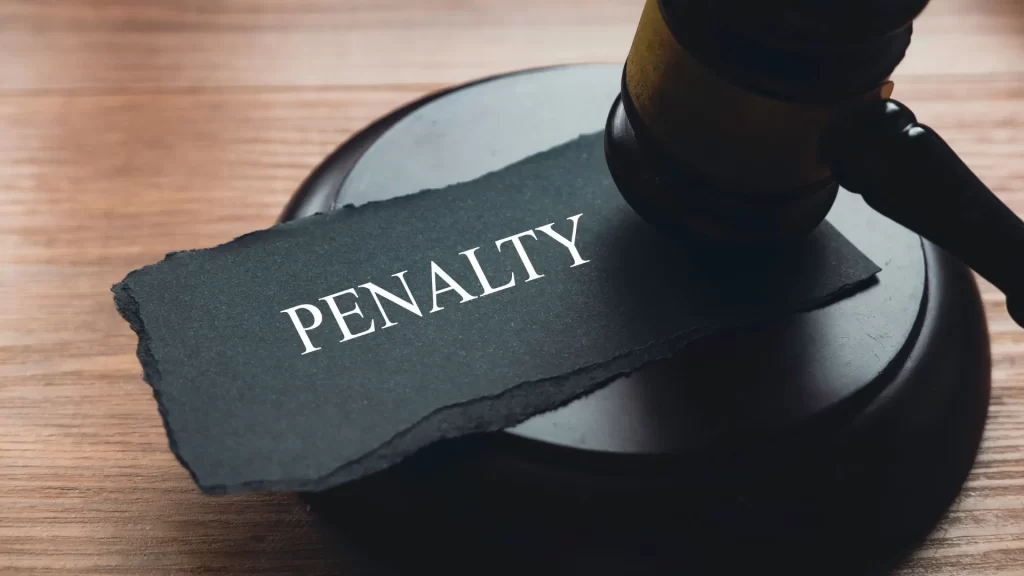 Drownings and other swimming pool accidents can lead to medical bills, loss of work, and the deaths of loved ones. Victims of swimming pool accidents in Florida may have justification to seek compensation for such losses. What are some swimming pool liability laws you need to know before filing a claim?
Drownings and other swimming pool accidents can lead to medical bills, loss of work, and the deaths of loved ones. Victims of swimming pool accidents in Florida may have justification to seek compensation for such losses. What are some swimming pool liability laws you need to know before filing a claim?
Understanding swimming pool liability laws in Florida will help you understand your legal options after a drowning accident. You may have grounds to file a lawsuit if a pool owner’s carelessness harmed you or a loved one.
General Information About Drowning Accident Liability in Florida
What is your homeowner’s liability for swimming pool injuries? Florida’s premises liability law generally states a property owner is responsible for maintaining safe premises for legally permitted guests. Premises liability for pool owners in Florida states they may be liable for drownings resulting from their failure to do so.
That doesn’t mean a pool’s owner is always liable when a drowning occurs. For example, perhaps a victim was injured in a drowning accident they caused because they were intoxicated. Under Florida law, a pool’s owner may not be liable for not doing their duty of care.
What You Need to Know About Florida’s Residential Swimming Pool Safety Act
Per the Residential Swimming Pool Safety Act (RSPSA) in Florida, a residential swimming pool in Florida must meet the following safety standards:
- A barrier meeting specific standards under Florida law must isolate the pool from access to a home.
- If any doors or windows of a home provide direct access to a pool, they must have safety alarms. The safety alarm must have a minimum sound pressure rating of “85 dB A at 10 feet.”
- A door providing direct access from a home to a pool must have a self-closing and self-latching device. The release mechanism of this device must be no more than 54 inches above the floor.
- The pool must have an alarm to detect someone’s accidental or unauthorized presence. The alarm must meet ASTM Standard F2208 for residential pool alarms.
What You Need to Know About Florida’s RSPSA Regarding Barriers
Meeting one of the above standards requires a residential pool to pass inspection in Florida. For a barrier isolating a pool from access to a home to comply with the law, it must have all of the following qualities:
- The barrier’s outside height must be at least four feet.
- The barrier must not have any gaps or other flaws or “structural components” that would allow a child to get through the barrier and access the pool quickly.
- The barrier must cover the perimeter of the pool. Typically, it can’t be part of another barrier on a home’s property unless that barrier covers the pool’s perimeter.
- The edge of the barrier must be far enough away from the pool that if a child or “medically frail elderly person” accidentally penetrates it, they don’t immediately fall through the barrier and into the pool.
If a swimming pool is aboveground, it may serve as its barrier, or an owner may erect a barrier upon it. The barrier must still meet the above requirements. In addition, steps providing access to an aboveground pool must be removable, secure, or protected by a barrier meeting these requirements.
A gate providing access to a pool or pool area must:
- Open outward from the pool
- Be self-closing
- Have a self-latching locking device whose release mechanism is on the poolside of the gate and can’t easily be reached by a young person on the other side of the gate.
A dwelling or similar structure may be part of a barrier if it doesn’t provide access to the private pool. No permanent structure on a property should allow someone to quickly scale a barrier into a pool or pool area.
The Penalties for Failure to Abide by Florida Pool Safety Regulations
 Failure to abide by the terms of the RSPSA and safety measures can result in a second-degree misdemeanor conviction. The penalties for such a conviction may include:
Failure to abide by the terms of the RSPSA and safety measures can result in a second-degree misdemeanor conviction. The penalties for such a conviction may include:
- Up to 60 days in jail, or
- A fine of up to $500
In addition, failing to meet Florida’s swimming pool barriers and alarm requirements may result in a pool owner having to participate in a drowning prevention education program. The fee for such a program is $100.
A residential pool owner may also be more likely to be found liable in a civil proceeding if they violated the RSPSA and someone lost their life or was harmed in a drowning accident.
This is due to the legal principle of negligence per se. According to negligence per se, someone is automatically considered negligent when they break a safety law, and others are injured as a result. If a child or other such individual accessed a pool and was harmed because a pool owner violated the RSPSA, they may automatically be liable.
The Attractive Nuisance Doctrine in Florida
Per Florida’s attractive nuisance doctrine, certain potentially dangerous items and features on a property might attract children unaware of their danger. Property owners should take steps to ensure these nuisances don’t cause harm to young children.
A pool is a feature a child may find attractive. A residential pool owner should consider this when establishing barriers to guard against access to a pool. The main goal is to take all necessary steps to prevent a child from accessing the pool and getting hurt.
Contact a Florida Pool Accidents Attorney
Understanding swimming pool liability in Florida can be complex and challenging. If you or a loved one has been harmed in a Florida swimming pool accident, you may have questions about your legal rights.
A Tampa premises liability lawyer at Jurewitz Law Group Injury & Accident Lawyers would happily answer your questions about your injury case. Our personal injury attorneys provide the representation you deserve, helping you seek compensation for medical bills and lost wages. This includes losses that don’t have an exact dollar value, like pain and suffering. Contact us online or at (619) 233-5020 for a free case review. Our law firm can help you get the best possible outcome with our skills and experience.
Related Posts:
Who Is Responsible If Someone Gets Hurt On Your Property in Florida?


